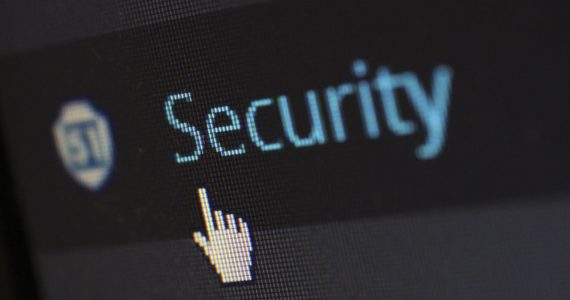Is burning money illegal? It’s a question that might not come up in everyday conversation, but it’s intriguing nonetheless. Indeed, it’s illegal. This article will explore why this seemingly simple act of destroying your own property is against the law and what the implications could be.

Is Burning Money Illegal?
Burning money is a federal offense that could land you in prison for up to 10 years, along with potential hefty fines. The same goes for seemingly less destructive acts like tearing a dollar bill or smashing a penny under a train. These actions are part of a broader category of crimes involving the defacement or destruction of currency.
Historical Roots of the Law
The laws against defacing currency have their roots in the days when coins were made of precious metals like silver and gold. Back then, criminals would shave off small portions of coins to collect the metal while still using the debased coins as currency. This cheated the system and devalued the currency, prompting strict regulations.
The act of burning or defacing money in the US is covered under Title 18, Section 333 of the federal law, enacted in 1948. It states that anyone who mutilates, cuts, defaces, or otherwise damages currency with the intent to make it unfit for reissue could face six months in prison, a fine, or both. These strict penalties reflect the government’s commitment to maintaining the integrity and trust in its currency system.
What the Law Says About Mutilating Coins
Mutilating coins is also illegal under Title 18, Section 331. This part of the law addresses anyone who fraudulently alters, defaces, or impairs coins, setting penalties of up to five years in prison or fines. A separate section of this Title makes it illegal to debase coins, a crime that can lead to up to 10 years in prison and fines.

Prosecutions Are Rare, But the Risks Are Real
It’s rare for someone to be prosecuted for defacing or debasing U.S. currency, but it does happen. One of the most notable cases involved an 18-year-old U.S. Marine in 1963 who modified pennies and used them as dimes in vending machines. Although he was only given probation and a fine, the conviction had long-lasting impacts on his life, including restrictions on obtaining a gun license. His story reached a resolution only when he was pardoned by President Barack Obama in 2010.
Why Is It Illegal to Burn Money?
The government cares about what you do with your money because the Federal Reserve needs to replace any money that’s taken out of circulation, which costs money. It costs around 5.5 cents to make a $1 bill and about 14 cents for a $100 bill. While this might seem like little, it can add up significantly if enough people start destroying currency.
Moreover, the integrity of the national currency is a matter of national trust and economic stability. Money serves as a store of value and a medium of exchange; if its physical integrity isn’t protected, it could undermine both of these roles.

The Bottom Line
So, next time you’re frustrated and feel like burning money, remember that doing so could lead you into more trouble than it’s worth. Instead of lighting up that dollar, think about what that act symbolizes and find a more constructive way to express your frustrations or make a statement.
Understanding the US currency laws can save you from unexpected legal troubles and ensure that your expressions of protest or dissatisfaction are both legal and heard. Remember, while money might burn, it’s best left spent or saved.




